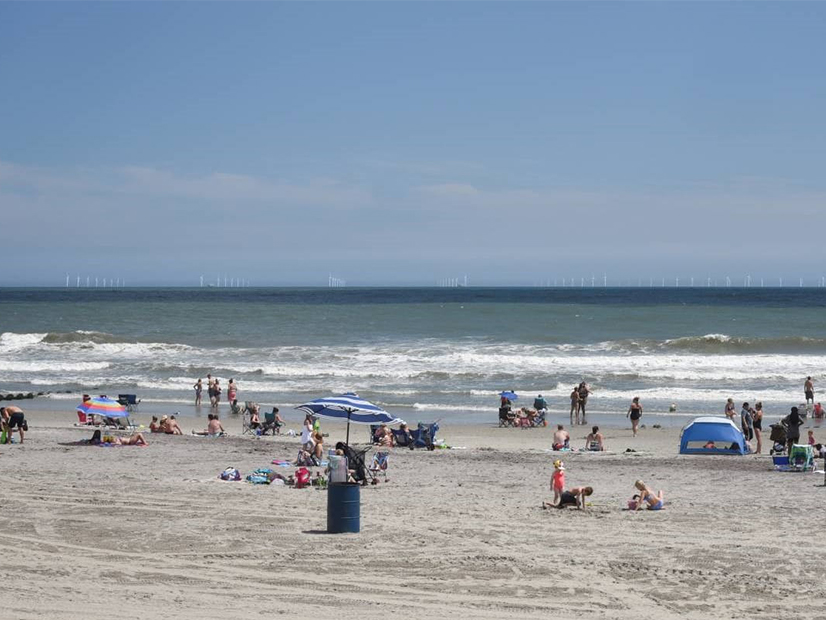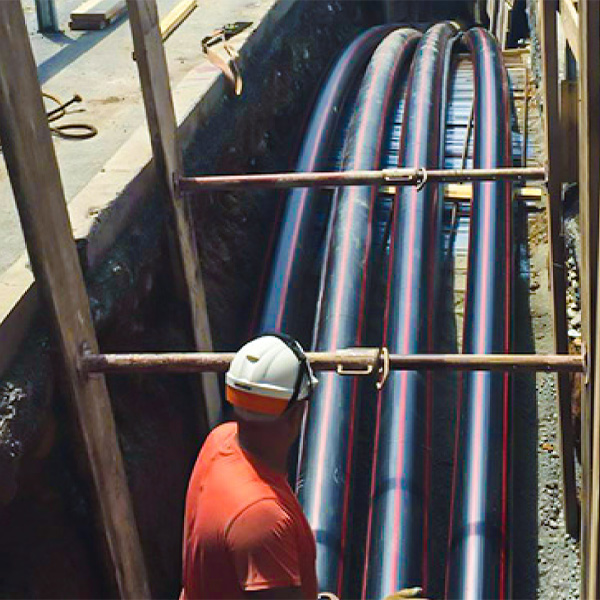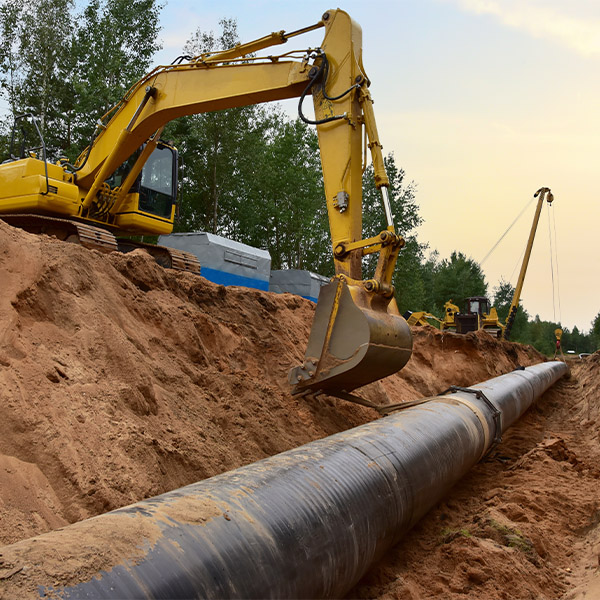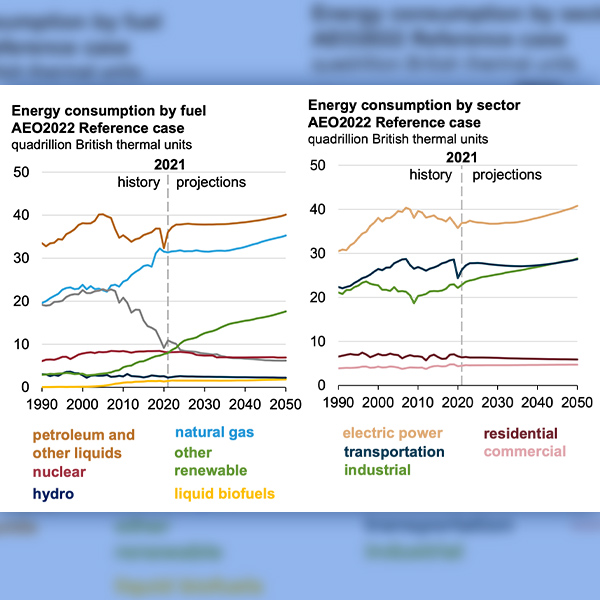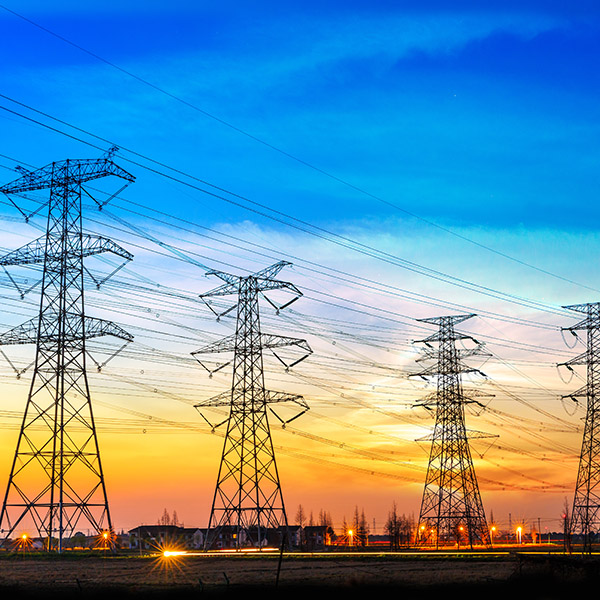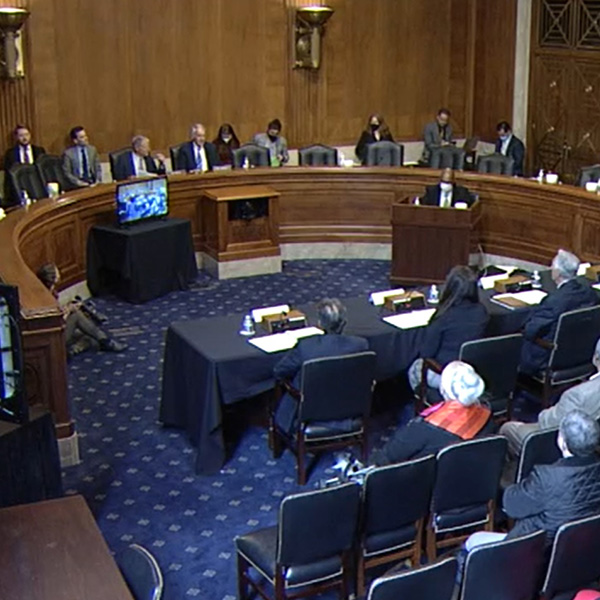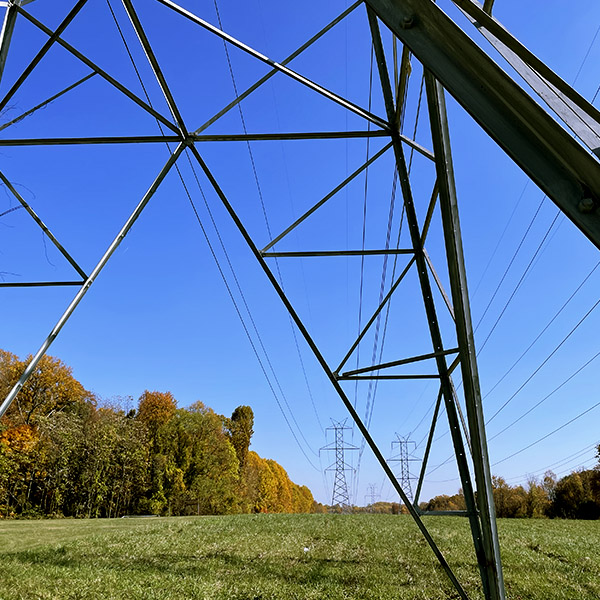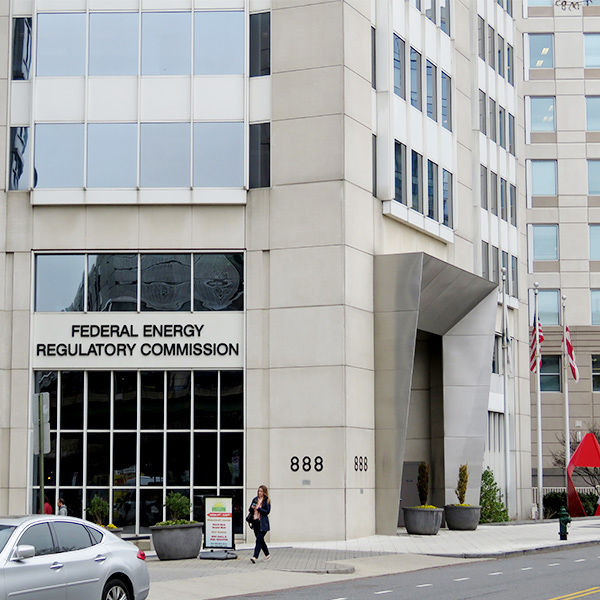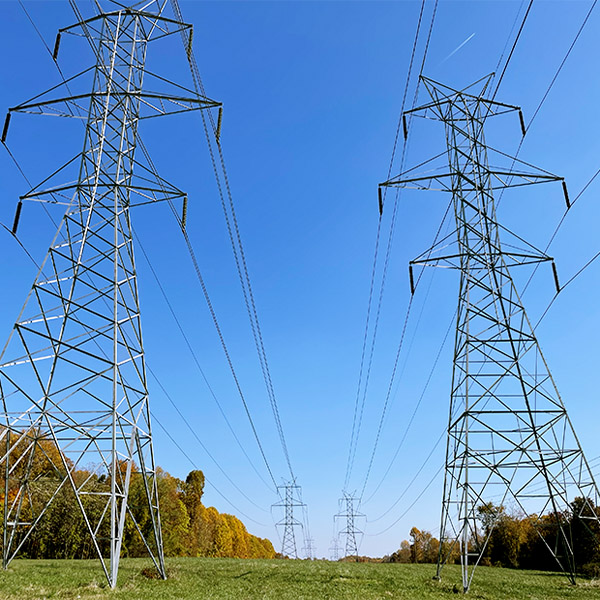FERC & Federal
The Federal Energy Regulatory Commission is an independent regulatory agency that oversees the transmission of electricity, natural gas and oil in interstate commerce, as well as regulating hydroelectric dams and natural gas facilities.
FERC approved the SAA sought by the New Jersey BPU and PJM that gives them greenlight to build transmission to deliver 7.5 GW of planned offshore wind.
A report examining the use of the interstate system as a corridor for expansion of the nation’s transmission system concluded it can be done relatively quickly.
FERC dismissed 14 requests for rehearing of its revised policy statement on natural gas infrastructure and its interim policy on accounting for GHG emissions.
The decades-long move to competitive wholesale and retail electric markets still stirs controversy, but the benefits sway attitudes, former regulators say.
LS Power CEO Paul Segal says the U.S. should appoint independent system planners, mandate interregional transfer capability and boost transmission competition.
FERC's Republican commissioners dissented in an otherwise typical PURPA order, criticizing the majority for making “unnecessary” declarations on the case.
Biden-appointed nominees to the TVA board stressed affordable rates and a robust renewable portfolio for the federal utility at their confirmation hearings.
FERC on Tuesday accepted revisions to PJM's Consolidated Transmission Owners Agreement, changing voting rules at the TOA-AC.
About 30% of the calls FERC's Office of Public Participation receives have nothing to do with FERC jurisdiction, but the office isn't just hanging up.
PJM asked FERC to rehear a decision that rejected the RTO’s plan to modify its financial transmission rights credit requirement calculation.
Want more? Advanced Search
